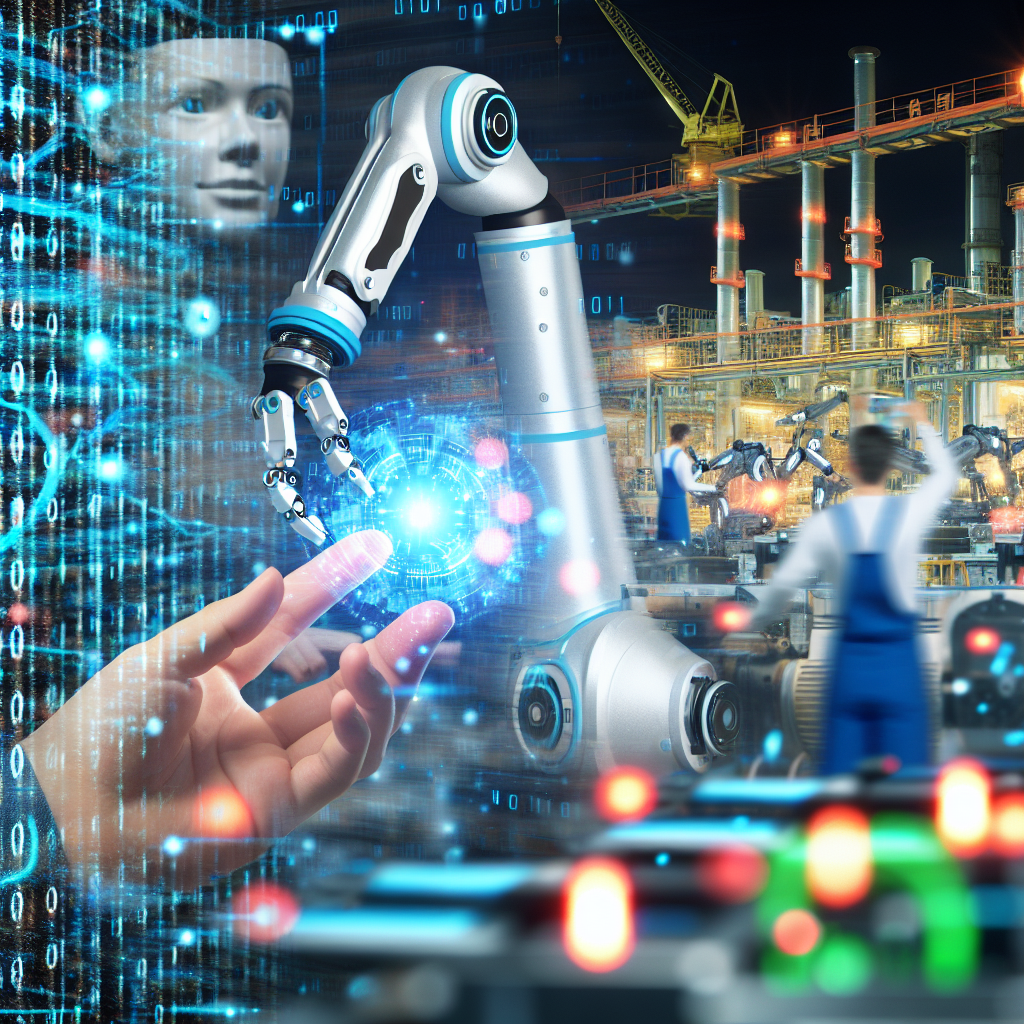AI agents are revolutionizing the way machines interact with humans and their environments, serving as intelligent digital entities capable of performing complex tasks autonomously. Understanding what AI agents are, how they function, and their practical applications is essential as they become integral to industries ranging from healthcare to finance. In this article, we’ll explore these innovative agents in detail.
What Are AI Agents and How Do They Work?
At their core, AI agents are software entities designed to perceive their environment, process information, and act accordingly to achieve specific goals. They operate based on a combination of sensors (data collection), decision-making algorithms, and actuators (execution of actions). Unlike traditional programs that follow predefined scripts, AI agents exhibit autonomy, enabling them to adapt to new situations and learn from experiences.
These agents are built upon various AI techniques such as machine learning, natural language processing, and reasoning systems. For example, a virtual assistant like Siri or Alexa is an AI agent that processes voice commands, interprets intent, and performs tasks like setting reminders or controlling smart devices. These agents continuously improve through data and interaction, becoming more efficient over time.
Furthermore, AI agents can be classified based on their complexity and capabilities:
- Reactive agents: Respond instantly to stimuli without internal models of the environment.
- Deliberative agents: Exhibit planning abilities based on an internal model and long-term goals.
- Hybrid agents: Combine reactive and deliberative approaches for versatile performance.
This classification helps in understanding their design, application scopes, and potential for autonomy.
Real-World Applications and Future Outlook
AI agents are now embedded in numerous sectors, transforming industries by enhancing efficiency, accuracy, and user experience:
- Healthcare: AI agents assist in diagnosing diseases, managing patient care, and personalizing treatment plans based on data analysis.
- Finance: They automate trading, detect fraudulent activities, and provide personalized financial advice.
- Customer Service: Chatbots and virtual assistants handle customer inquiries, providing 24/7 support and improving engagement.
- Autonomous Vehicles: Self-driving cars utilize AI agents to perceive surroundings, make decisions, and navigate safely.
Looking ahead, the evolution of AI agents promises greater levels of autonomy, decision-making capabilities, and emotional intelligence. Advances in deep learning, edge computing, and ethical AI development will shape a future where AI agents seamlessly integrate into daily life, potentially acting as digital partners or collaborators across various domains.
In conclusion, AI agents are dynamic, intelligent systems capable of perceiving, reasoning, and acting autonomously. Their growing presence across industries signifies a transformative shift towards more intelligent and responsive technological environments. Understanding their structure, functionality, and applications helps us appreciate their potential and prepares us for an increasingly automated future.
